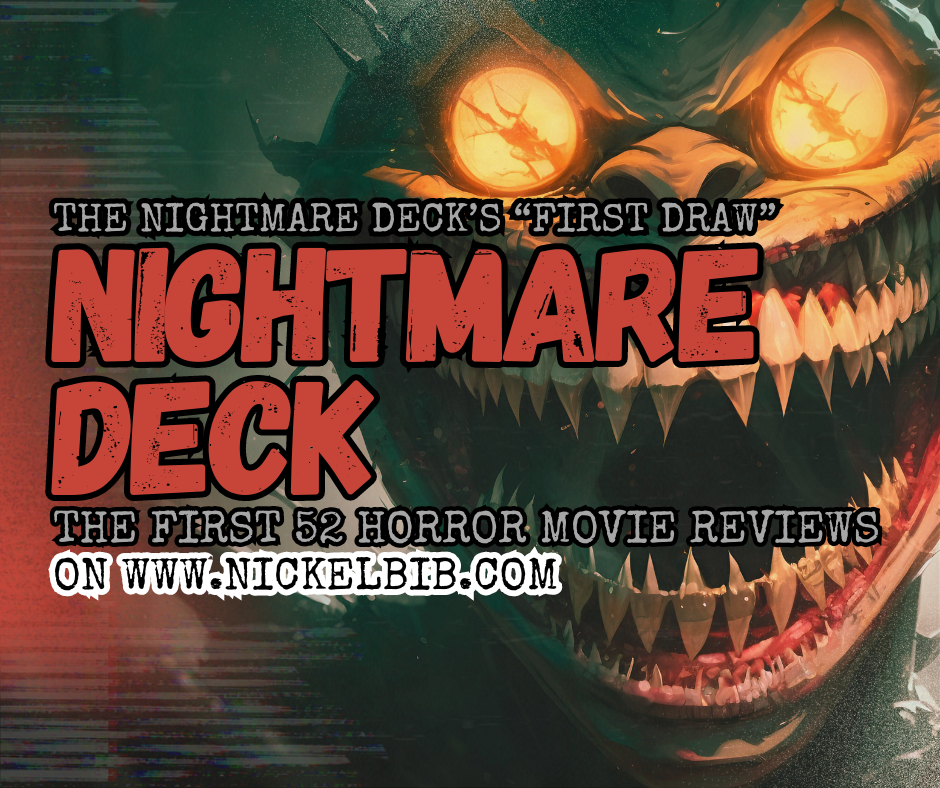Although it may not always seem that way with the oddball titles I talk about on Die Die Retry, I do my best to keep my finger on the pulse and up-to-date on things. Thus, Hades was on my radar straightaway. I knew about it. I saw all the accolades everyone bestowed it and I knew that, as a fan of fellow roguelike Dead Cells, it was a videogame that would be right up my alley. That in mind, I turned a blind eye to its release on the Nintendo Switch and am only now playing it after seeing it added to Xbox Game Pass some months after the fact.
Truth was, I am skeptical (and cheap), and was not in a state of mind where I could be excited about Hades the way some were. I appreciate and respect Greek mythology as much as the next guy, but it’s never been something I flock toward. I recently started another videogame you might’ve heard of, Immortals Fenyx Rising, and, uh, well, I would not hold my breath on a review for that. The Hercules levels are, by far, the most groanworthy aspect of any Kingdom Hearts videogame, and I feel like it is at least part of the reason I’ve never tore into the God of War series. I have a general been-there-done-that attitude about them, which is ridiculous when you consider consider how little I’ve been-there-done-that with them. Likewise, the isometric-view and the undue prejudices I associate with isometric videogames made it a tough sell.
Long story made short, I have a general affection for roguelike videogames, but Hades had an uphill battle as far as its lore, story setting, and isometric camera-angles were concerned. Maybe you’re in a similar boat? Or, maybe you liked Dead Cells and want to know if it’s worth your time? Or, maybe you didn’t, and are curious about how it differs. Whichever, I finally played Hades. In fact, I’d say I poured some fifteen-to-twenty hours on it, reaching Mount Olympus at least half a dozen times (and not reaching it far more).
As you have likely already surmised, Hades is a very different type of experience than what’s exactly “conventional” in the videogame medium. Developed by Supergiant Games, the player assumes the role of Zagreus, prince of the Underworld. Zagreus can best be described as a slighted son, who desires nothing more than to liberate himself from the Underworld, and rid himself from his cruel father Hades. Thus, the objective is simple, escape the Underworld.
The player finds themselves met with a random series of chambers, crawling with bad guys, and perks that will help alleviate the difficulty. This is a videogame without checkpoints or fast travel, and thus, each time you are slain, you wind up back at the main-hub, a lobby where you can interact with other characters, including affiliates and individuals you’ve defeated in combat. Not all is lost, however. Each time you die, you inch a little closer to your objective. Upon death, you can once more interact with characters, progressing the narrative and each character’s story arc, as well as upgrade weaponry.
For those on the fence about Hades, I can tell you it definitely scratched a similar itch as Dead Cells, and, in some ways, in fact, almost felt like a natural progression of that, as well as the roguelike formula. The voice-acting is solid and the characters are easy to become invested in, whereas the animation is of a high-production value, showing that a lot of care went into the visual style. It is an indie videogame, absolutely, with an isometric view that may leave you apprehensive, but it does operate at a high standard, bucking some of the more retro sensibilities of the genre (that I still very much enjoy, but find this videogame to be a clear step-up from on a technical level).
Strategy can be found, both in your gameplay technique, and the luck of the draw, making it so it’s sometimes unclear which way things will land in the end. I found Hades to be notably less difficult than Dead Cells, which is not, at all, a criticism. I played fifty rounds of Hades before I completed my first run, and I did so in decisive fashion. Meanwhile, Dead Cells was a videogame where I really had to fight to etch out a win. Afterward, I handed my wife the controller and she completed a run on round fifty-one, and I completed another run on round fifty-two, so on and so forth. A lot of it is about finding the best perks, and a lot of it is about realizing your opponents’ attacks and how to counteract them.
Hades is a lot of fun, and, for sure, bucked off a lot of the undue stigma I attached to it. That in mind, there were aspects I feel are worth singling out. Specifically, the videogames’ gameplay does not employ the level of strategy I would have liked. Surely, you can play it strategically, but it certainly was not mandatory. Stepping away from the roguelike genre, I loved how empowered I felt with the Cuphead videogame. I loved how everything became engrained into my mind and how I eventually overcame things that, prior to, shook me off like a flea. With Hades, I never really had that. In fact, I went from being unable to reach Elysium (let’s say that’s about halfway) to reaching the final boss, simply by realizing I could spam the dash-attack over and over again. Afterward, I tried my best to abstain from that approach, but, really, half the weapons have that setback, with some weapons making it so Hades practically plays itself. The gameplay, thus, can feel heavy on button-mashing, resulting in a shallower experience overall.
When Hades works, it does work, and I really enjoyed the post-game modifications included to keep things fresh. During it, I was certainly hooked and immersed, but once I completed my first run, I felt content enough to walk away then and there, which was a far cry from how I felt with Dead Cells (where I had to be practically pried away).
Regardless, Hades is a videogame I definitely recommend to fans of the genre and casuals alike. The art style is stupendous, and, really, I can’t stress enough how the production comes together and creates a truly realized vision, that being the characterizations and the soundtrack as well. As someone whose never really been too invested in Greek mythos, I truly enjoyed Hades interpretation and believe that they succeeded at making it distinct and their own. I don’t know if I would call it the end-all, be-all of the roguelike genre, but I do think it makes important steps in the genre’s evolution.






GIPHY App Key not set. Please check settings